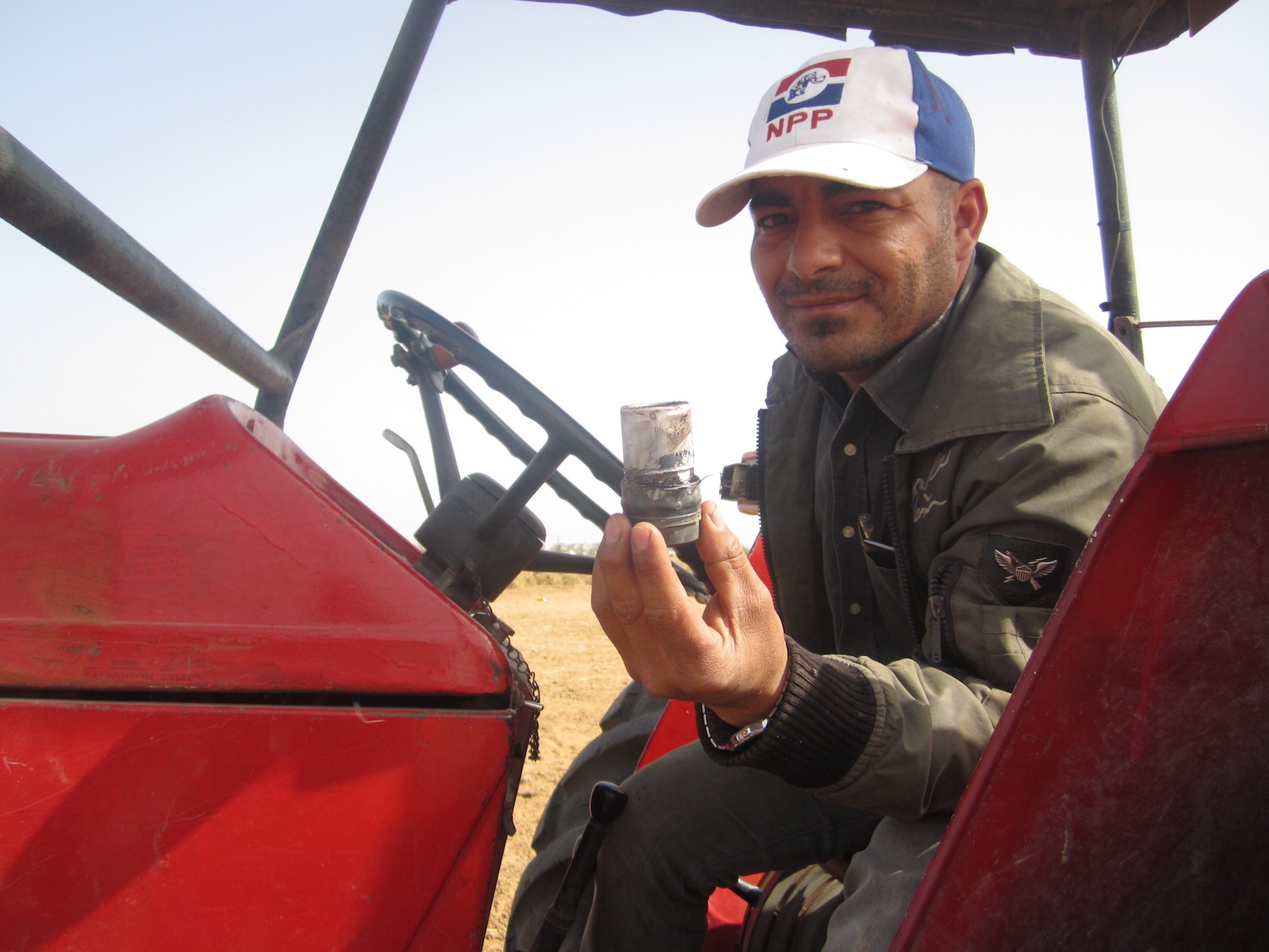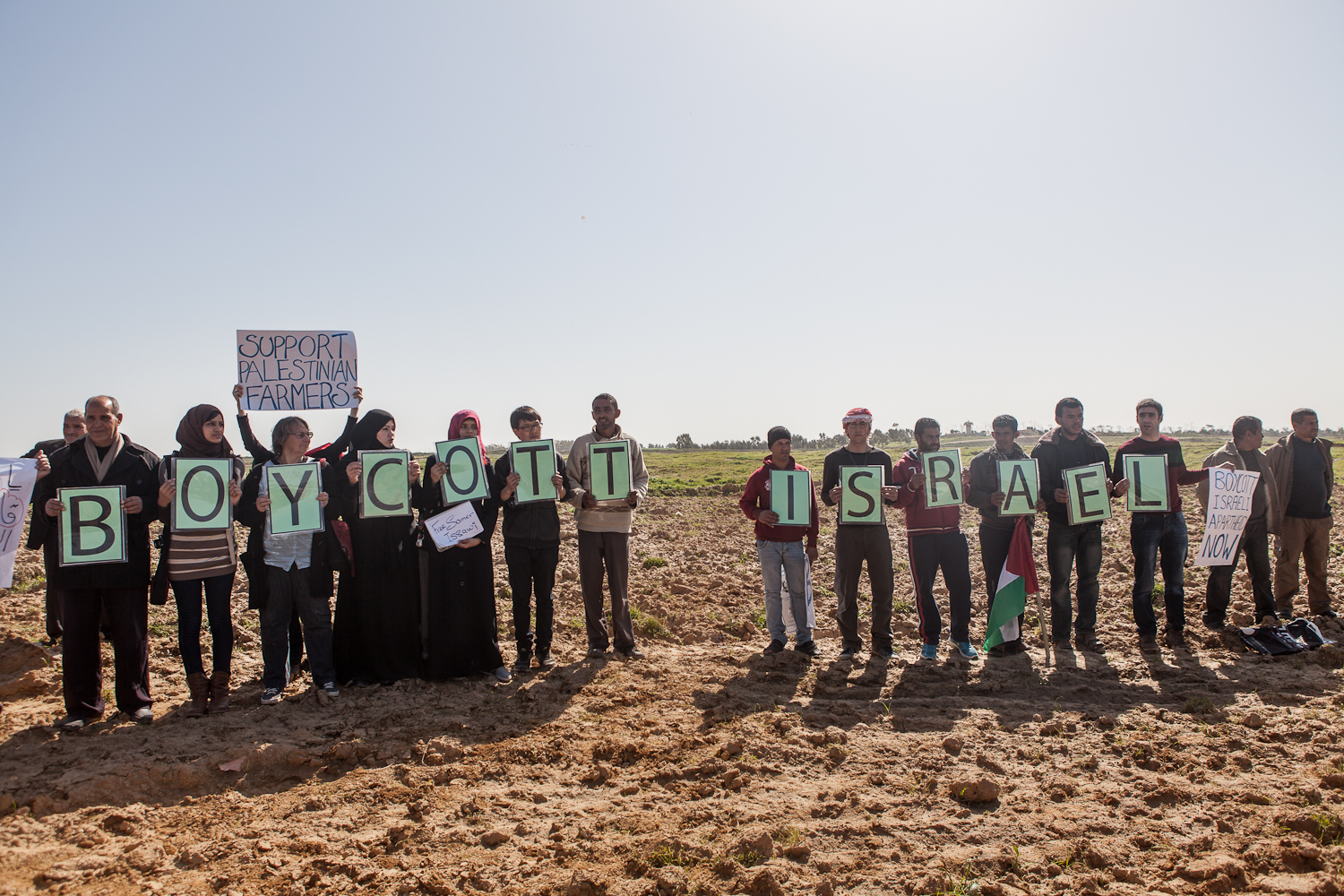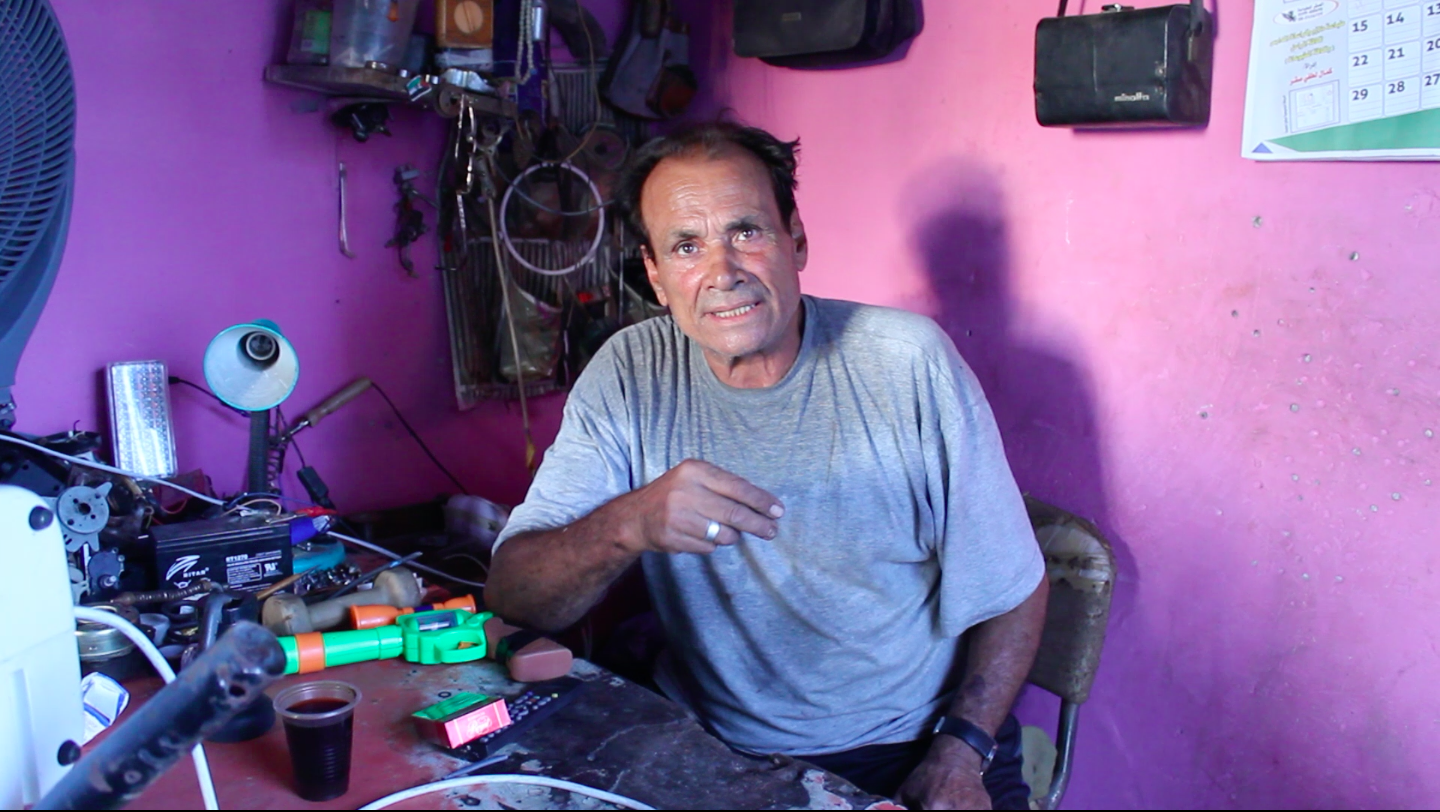Tag: BDS
-
Israeli attacks on Gaza farmers
3rd September 2016 | International Solidarity Movement, Gaza team | Khan Younis, occupied Palestine According to the Council for European Palestinian Relations the Palestinian agricultural sector’s contribution to the GDP dropped between 1993 (Oslo Accords) and 2009 from 13% to 4.8%, due to the illegal practices of the zionist entity, such as land theft, confiscation…
-
Statement concerning Israeli measures against activists
8th August 2016 | International Solidarity Movement The International Solidarity Movement is a Palestinian-led movement with a mandate to support Palestinian nonviolent popular resistance to Israeli military occupation and apartheid. Palestinian-led nonviolent resistance includes the Palestinian call for Boycott, Divestment and Sanctions of Israel, until it adheres to its obligations under international law. ISM volunteers…
-
The Gaza-blockade is causing an end to Gaza’s fresh water resources
7th August 2016 | International Solidarity Movement, Gaza-team | occupied Palestine As every year during the summer, the water shortage in the Gaza Strip is accentuated. At the same time, the energy shortage caused by the blockade prevents engines and water pumps from pushing it from wells and tanks to houses and farming fields. The…



